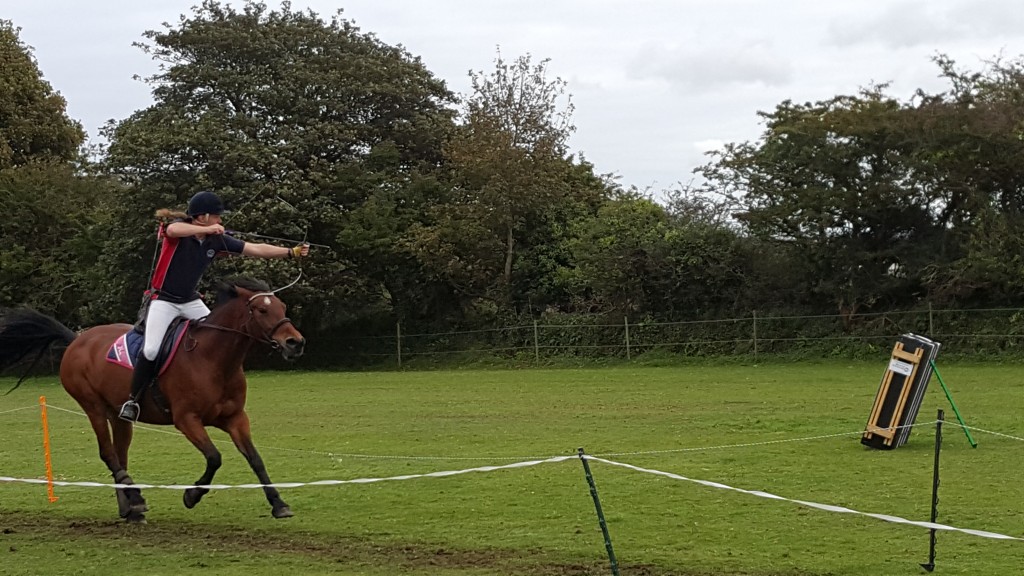There have been three mentions of this recently on the Ironcrown forums. How do you handle the time when the player characters are not adventuring? This is also part of the problem I have with sea voyages as I was writing about recently.
The discussions I mentioned involved playing an alchemist who by necessity requires great amounts of time to create magical items, characters that take to crafting or mining and simply healing time for fighters. In my case I was thinking of enforced inactivity while on a boat or ship.
The easy option is naturally enough to hit fast forward and say two weeks later you are all healed, the alchemist makes his spell casting rolls to see if he was sucessful, the crafter make their craft rolls and so on. You then get on with the adventuring.
In a one player/one GM game you can easily jump days, weeks or even years and no one will mind. You can just as easily roleplay every minute of every day. There was once a brilliant session we had where the party were rightly accused of a hideous crime but it wasn’t really their fault. They did kill the dwarven queen but the queen and her body guard were covered by an illusion so they appeared as Uruk Hai. Once the illusion was lifted it was too late, the queen was dead and her dwarven body guard were not in a listening mood. I was playing a fighter and I really did my best not to kill anyone but I even accidentally killed a couple of the bodyguard. I was limiting myself to ‘A’ criticals and still managed to roll a straight 00. I didn’t even draw my Falchion, that was with martial arts rank 1. When things are going against you there is nothing you can do.
Anyway, it is really hard to escape justice in a magical world and we ended up in a dwarven prison cell. Half the party wanted to bust out and anyone who got in the way had better be able to take care of themselves. Myself and one other were dead set against taking any more dwarven lives. The arguement raged back and forth for 8 realtime hours and was carried out entirely in character. An elven PC was suffering a curse that he always belived anything that was stated as a fact so we had to be really careful not to make ascertions too strongly or the elf would change his opinion and swing the vote the other way.
The end result was that only a few additional dwarves died and the Iron Hills are not on my list of holiday destinations.
We really tried not to kill anyone but some characters will take in on the chin and turn the other cheek and others will rip your head off and kick it down the corridor.
The point is though that the entire session ened up being 8hrs of just talk, effectively downtime with the party locked in a room followed by 2hrs of on the hoof escaping. If we had fast forwarded through the debate we would have missed one of the best scenes in the entire campaign.
There are other considerations here. If you hit fast forward only good things happen. If as a GM you say “OK six months pass and your business fails, you loose your house and you are about to be chased out of town by an angry mob who you owe thousands of silver to.” the player may be upset. That may be the logical result of the player trying to use very poor skills to achieve the impossible but the player would not accept that result. The flip of that is what happens when only good things or nothing happens?
Our alchemist having aquired all the necessary components in the previous adventure presumeably make a couple of rolls and walks away with a free magic item.
A mentalist does not need spellbooks and libraries to research spells, just meditation so during the same perriod all the pure and hybrid mentalists walk away with new spells.
Channeler only need to pray to research new spells so they get a free gift too.
Essence users cannot research new spells so easily, they do need research materials, libraries and possibly mentors but on the other hand if they have rune paper they could fully ‘charge up’ all of it with their most useful spells. Normally this is a risky task out on the trail as to create a 5th level rune takes about 15 power points. The result is that if the caster does that last thing at night and then gets disturbed or attacked he or she may be seriously depleted in power the next day. That way it can take weeks to replace the scrolls used up in a single encounter or adventure. My illusionist uses scrolls a lot for movement type spells from fly to change self and also for spell extension spells. Airlifting the party a long distance can pretty much wipe out his stock of runes.
The crafters on the other hand gain a lot of sellable assets or pure money. I don’t know about your games but I often find taking money off the players is harder than giving it to them. That is the problem with treasure hoards, they tend to be full of money.
The fighters on the other hand do not gain a lot from these extended enforced rests. Yes they heal their wounds and you be able to say, yes you can learn that new skill because you found a trainer while you were in town but that is still not much of a gain.
This is one of those things that I have never really been satisfied with how to handle it. A pure adventuring party is easy but the non-adventuring professions such as labourers through to alchemists do complicate the issue as they do need that down time to use the skills that are the reason for their existence.











